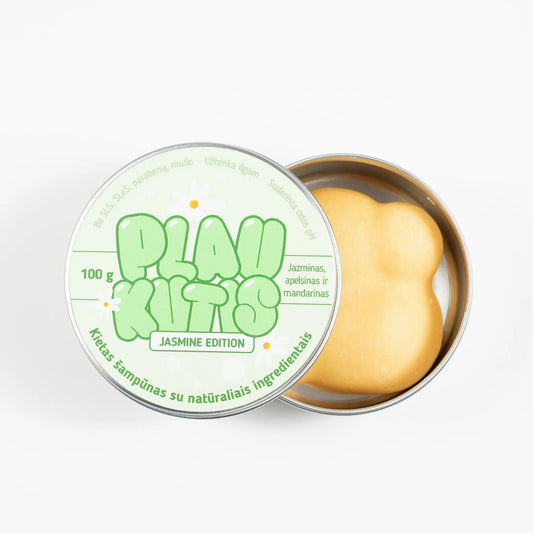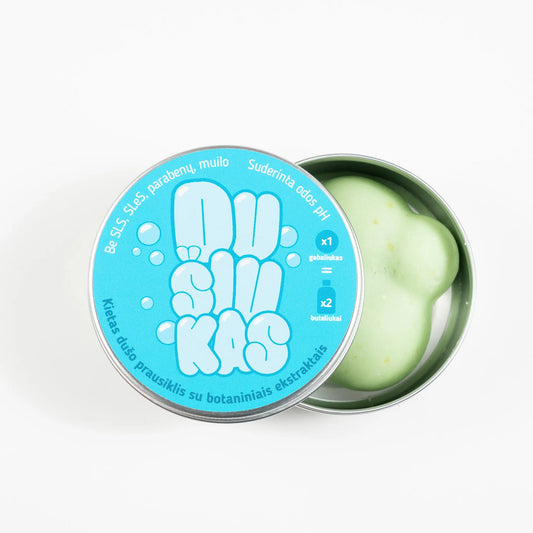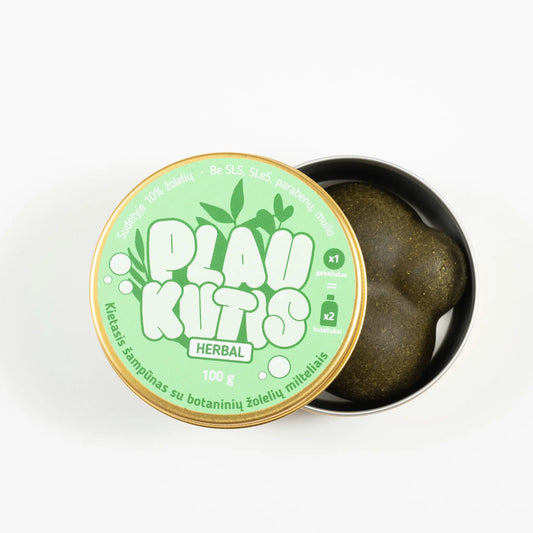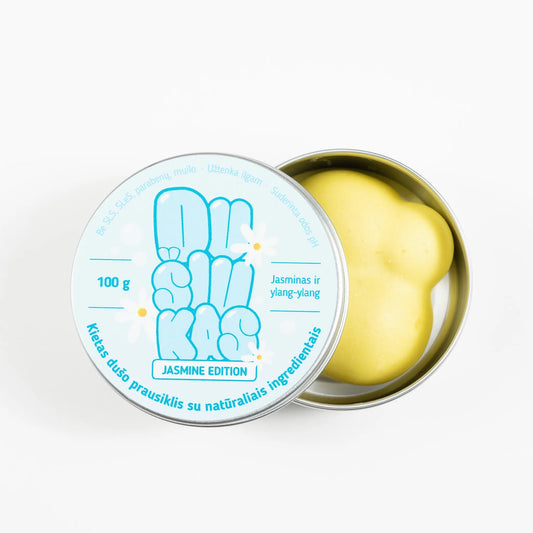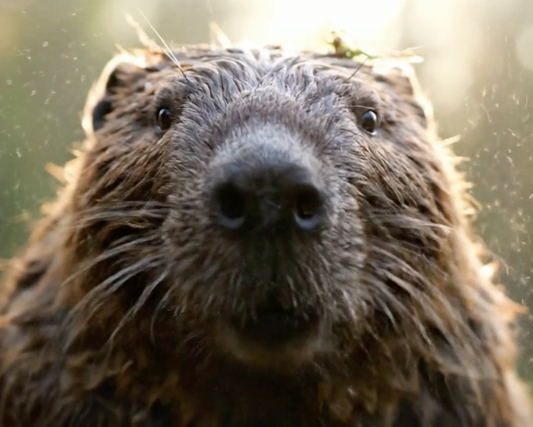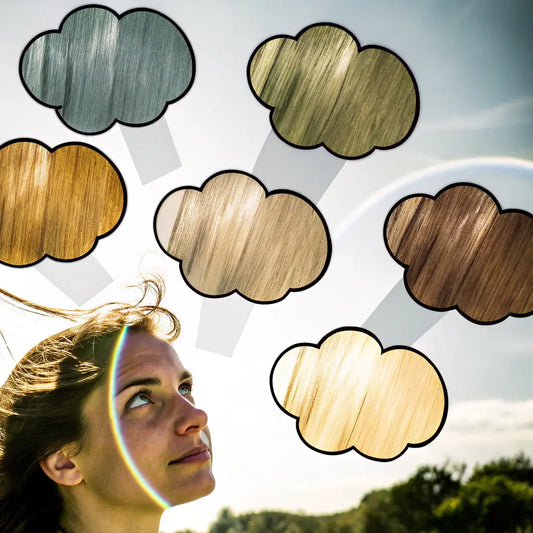Have you ever noticed that your hair feels dry and frizzy one day, and smooth and manageable the next? Water is a key element in maintaining hair health, manageability, and strength. But how exactly does water affect your hair? In this article, you'll learn how water affects hair structure, its hygroscopic nature, and even whether your hair can reveal whether you're adequately hydrated. Let's dive into how water can improve the condition of your hair.
The hygroscopic nature of hair
Hair is hygroscopic, meaning it can absorb and retain water from its environment. The amount of water your hair can absorb depends on factors such as humidity, hair porosity, and overall health. Understanding this hygroscopic nature is crucial to properly caring for your hair.
How hair absorbs water
Hair is made up of three layers: the cuticle, the cortex, and the medulla. The cuticle, an outer layer made up of overlapping cells, protects the inner layers. When the hair comes into contact with water, the cuticle opens slightly, allowing water to penetrate the cortex.
- The role of the cuticle: The cuticle controls the amount of water that enters the hair. A healthy cuticle is smooth and helps the hair retain moisture and protect it from damage. However, a damaged cuticle is raised, so the hair absorbs water quickly but also loses it quickly, causing dryness.
- Role of the Cortex: The cortex, the middle layer, contains proteins that bind to water molecules. This binding affects the elasticity and strength of the hair, making it more flexible when wet.

Why hair needs water
Water is essential for maintaining hair's elasticity, strength, and shine. It hydrates the hair shaft, reduces frizz, and makes hair easier to style.
- Elasticity: Proper moisture levels allow hair to stretch and return to its original shape without breaking. Dehydrated hair loses its elasticity, making it prone to breakage and split ends.
- Shine: Hair that retains the right amount of moisture has a smooth cuticle structure. This reflects light and gives the hair a natural shine.
Dangers of excessive moisture absorption
While hair needs water, too much can be harmful. When hair absorbs too much water, it swells and stretches, causing the cuticle to lift. This can weaken the hair shaft, leading to breakage and split ends.
- Hygral Fatigue: The repeated swelling and contraction of the hair shaft due to excessive moisture absorption can lead to a condition called hygral fatigue. This makes hair more prone to breakage and loses its shine.
- Prevention: To prevent hygral fatigue, avoid washing too often and use products that help maintain the natural moisture balance of your hair.
The effect of water on hair texture and strength
Water directly affects hair texture, strength, and manageability. It can temporarily change the structure of the hair, making it easier to style, but also more fragile.
Wet hair: more flexible but weaker
When hair is wet, it becomes more elastic and pliable, making it easier to comb and style. However, this also means that hair is weaker and more prone to damage.
- Increased elasticity: Wet hair can stretch up to 30% of its length without breaking. However, stretching too much can damage the cortex, weakening the hair.
- Weaker cuticle: Water lifts the cuticle layer, making hair more vulnerable to environmental factors like UV rays, pollution, and chemicals in hair styling products.
Dry hair: stronger but less manageable
When hair dries, the cuticle flattens and the cortex shrinks, making the hair shaft stronger and more resistant to breakage. However, dry hair is less flexible, making it more prone to frizz and tangles.
- Reduced elasticity: Dry hair cannot stretch as much as wet hair without breaking. Therefore, it is important to avoid excessive styling or manipulation when hair is dry.
- Management: Moisturized hair is easier to style and holds its shape better. If your hair looks rough or tangles easily, it may be lacking proper hydration.

Does your hair reveal your hydration level?
Your hair can provide clues about your body's hydration status. While it's not a completely accurate indicator, certain signs that appear in the texture, strength, and appearance of your hair can indicate whether you're drinking enough water.
Signs of dehydrated hair
- Dryness and frizz: Dehydrated hair lacks moisture, making it feel dry and frizzy. If your hair remains frizzy even after conditioning, it may mean you need more moisture, both internally and externally.
- Lack of shine: When hair is properly hydrated, it reflects light and appears shiny. Dull, lifeless hair often indicates a lack of moisture.
- Increased breakage: Dehydrated hair becomes brittle and prone to breakage. If you notice increased hair breakage or hair loss, consider increasing your water intake.
How internal hydration affects hair
Water intake directly affects hair health. Drinking enough water maintains a healthy scalp, promotes hair growth, and improves hair texture.
- Scalp Health: A well-hydrated scalp produces the right amount of natural oils that help nourish the hair shaft. A dry scalp can cause dandruff and weaken hair follicles.
- Hair Growth: Hair is made up of cells that need water to function properly. Insufficient hydration can slow hair growth and make new strands weaker.
Myth busting: common beliefs about water and hair
There are many myths about the role of water in hair care. Here are some of the most common and the truth behind them.
-
Myth: The more water, the healthier your hair.
- Fact: While hydration is important, washing too often or exposing your hair to too much water can lead to hygral fatigue and damage.
-
Myth: Rinsing with cold water makes hair shinier.
- Fact: Cold water can help close the cuticle, reducing frizz and adding shine. However, it doesn't make hair healthier. Proper conditioning and hydration are essential for healthy hair.
-
Myth: Drinking water alone can solve dry hair problems.
- Fact: While drinking water is very important, external hydration is also essential for proper hair care. Use moisturizers to keep your hair hydrated.
-
Myth: Only dry hair needs water-based products.
- Fact: All hair types benefit from water-based products. They help balance moisture levels and improve elasticity, whether your hair is oily, dry, or in between.
-
Myth: Hair absorbs water faster in humid conditions.
- Fact: Hair does absorb more water in high humidity due to its hygroscopic nature. However, the rate of absorption depends on the porosity of the hair, not just the environment.

Practical tips for healthy and hydrated hair
Now that you know how water affects your hair, here are some practical tips to keep it healthy and hydrated.
1. Drink enough water
- Recommended intake: Aim to drink 8–10 glasses of water per day to maintain overall hydration.
- Monitor your scalp: A healthy scalp is an indicator of good internal hydration. If your scalp is dry or flaky, consider increasing your water intake.
2. Use moisturizers
- Water-based shampoos: Choose shampoos that have water as the first ingredient. This helps maintain moisture levels without stripping natural oils.
- Leave-in conditioners: Use a leave-in conditioner to keep your hair hydrated throughout the day. Look for products with humectants, such as glycerin or aloe vera, which attract moisture.
3. Avoid washing too often
- Frequency: Wash your hair 2-3 times a week to avoid stripping natural oils. Washing too often can cause dryness and weaken the hair shaft.
- Use lukewarm water: Hot water can strip natural oils from your hair and scalp, causing dryness. Use lukewarm water to retain moisture.
4. Protect hair from environmental moisture loss
- Use oils: Apply natural oils like argan, coconut, or jojoba to seal moisture into the hair shaft. This prevents excess moisture from evaporating.
- Cover your hair: Wear a hat or use a scarf in harsh weather conditions to protect your hair from excessive moisture loss.
5. Limit hot styling tools
- Heat protection: Always use a heat protection spray before using hot styling tools. This reduces moisture loss and protects the natural structure of your hair.
- Natural drying: Whenever possible, let your hair dry naturally instead of using a blow dryer. If you do use heat, use the lowest setting.
Frequently asked questions
1. Can drinking more water really improve the condition of my hair?
Yes, drinking water helps maintain a healthy scalp and promotes hair growth. However, external hydration through proper hair care is also essential for optimal hair health.
2. How often should I moisturize my hair?
It depends on your hair type and condition. Dry hair may need daily moisture, while other types may need 2-3 times a week.
3. Is it bad to wash your hair every day?
Yes, washing your hair every day can strip away natural oils, making it dry and brittle. Try to wash your hair 2-3 times a week.
4. How do I know if my hair is too moisturized?
Over-hydrated hair feels limp, lacks volume, and stretches too much when wet. If your hair feels this way, cut back on moisturizers and incorporate more protein-rich products.
5. Does using a moisturizer help hair stay hydrated?
Yes, a humidifier adds moisture to the air, which can help keep both your skin and hair hydrated, especially in dry environments.
Conclusion
Water plays a vital role in maintaining the health, texture, and strength of your hair. The hygroscopic nature of hair allows it to absorb water, which affects its elasticity, manageability, and shine. However, too much water can lead to challenges like hygroscopic fatigue, so it’s important to find the right balance. By staying hydrated, using water-based products, and following a proper hair care routine, you can keep your hair in tip-top condition.
Now that you know how water affects your hair, it’s time to put these tips into practice. Share your hair hydration experiences in the comments – let’s keep this conversation going!
